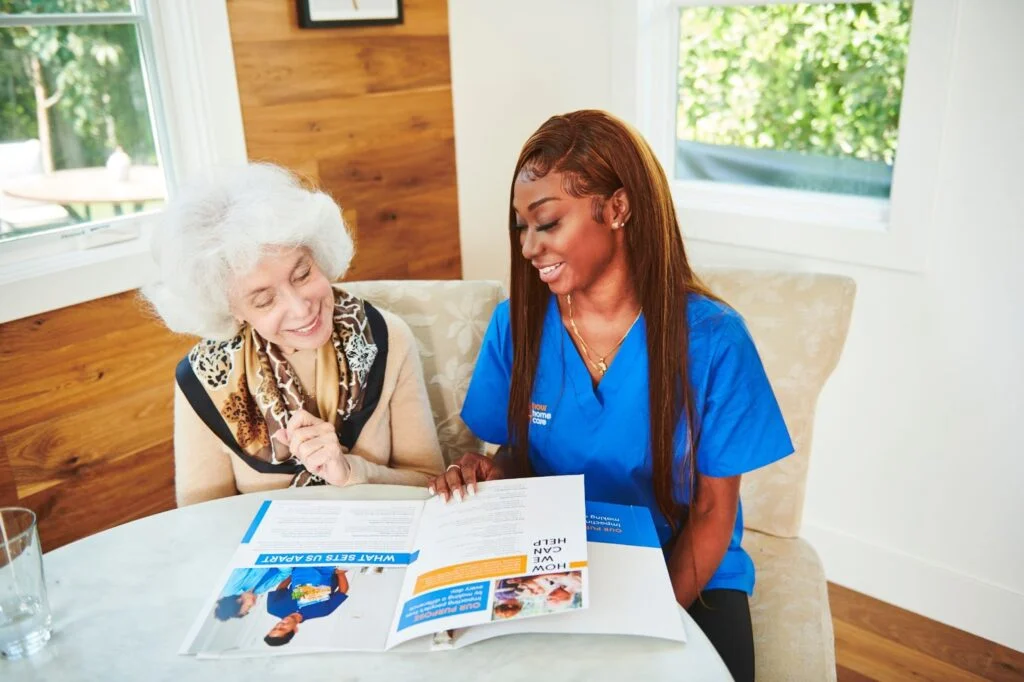- Phone : (808) 729-8592
- Email : amabe.maunaluabayhomecare@gmail.com
- Opening Hours : 08:00am to 07:00Pm
Home > Single Service

Introduction
The job of providing care for a family member is intensely personal and frequently difficult. Many people find themselves in this role for a variety of reasons, such as taking care of an elderly parent, a spouse who is ill all the time, or a child who need special attention.
The foundation of the healthcare system is family caregiving. It’s a vital and frequently overlooked role that offers people in need practical, emotional, and physical care.
But occasionally, family caregivers might need a vacation or help, which means they might need outside aid. This is where team Maunalua Bay Home Care steps in.
As a home care provider, covering for a family caregiver on a temporary or permanent basis might play a significant role. Family caregivers who might need to take a break for personal reasons, like a vacation, or who might have to spend a lot of time away from home because of work or other commitments, may find this kind of care to be extremely beneficial.
Our personnel can assist with a range of duties while covering for a family caregiver, such as offering companionship, assistance with everyday activities like showering, dressing, and grooming, as well as light housework and medication administration.
When the primary caregiver is unavailable, we assist in making sure the individual receives consistent care and is able to retain their independence and quality of life.
Getting paid to take care of family in Hawaii involves adhering to specific guidelines and requirements. The rules and regulations may vary depending on the specific program or funding source, so it’s important to be well-informed and follow the guidelines that apply to your situation. Here are some general guidelines and considerations when it comes to getting paid to care for family in Hawaii:
If you are considering getting paid through Medicaid’s Consumer Directed Services (CDS) program, the care recipient must be eligible for Medicaid and require assistance with activities of daily living (ADLs) or instrumental activities of daily living (IADLs). The specific requirements may vary, so it’s essential to check with the Hawaii Department of Human Services for the most up-to-date information.
Giving care to a family member is a big and worthwhile commitment that a lot of people voluntarily make. It is a selfless deed that can have a significant effect on the care recipient’s wellbeing and quality of life. Maunalua Bay Home Care can fill in to keep up the continuity of care in situations where family caregivers need a break or assistance.
Many caregivers find it difficult to juggle caring with paid job, but with the correct tools and support, it is possible to strike this delicate balance. In order to keep a healthy balance, it is critical to look for the services and support that are available for both the care receiver and the caregiver.
In conclusion, receiving compensation for taking care of family members in Hawaii is a viable option that can give caregivers much-needed financial respite while still enabling them to give their loved ones the critical help they require. Depending on the program or funding source, the rules and guidelines for caregiver wages may change, but it’s crucial to follow them precisely and diligently. In order to guarantee they get the assistance they are entitled to, caregivers need to remain educated, seek advice from experts, and fulfill the requirements. In the lovely state of Hawaii, caregivers can obtain the financial support they want to carry out their essential duty in maintaining family ties and guaranteeing the well-being of their loved ones by following these recommendations and making wise decisions.
We provide personalised home care services Honolulu in that health guidelines in Hawaii to companion care for the elderly who require daily support in Maunalua Bay
Copyright © 2024 Residence Maunalua Bay | DESIGNED BY OCEAN DESIGN PRO